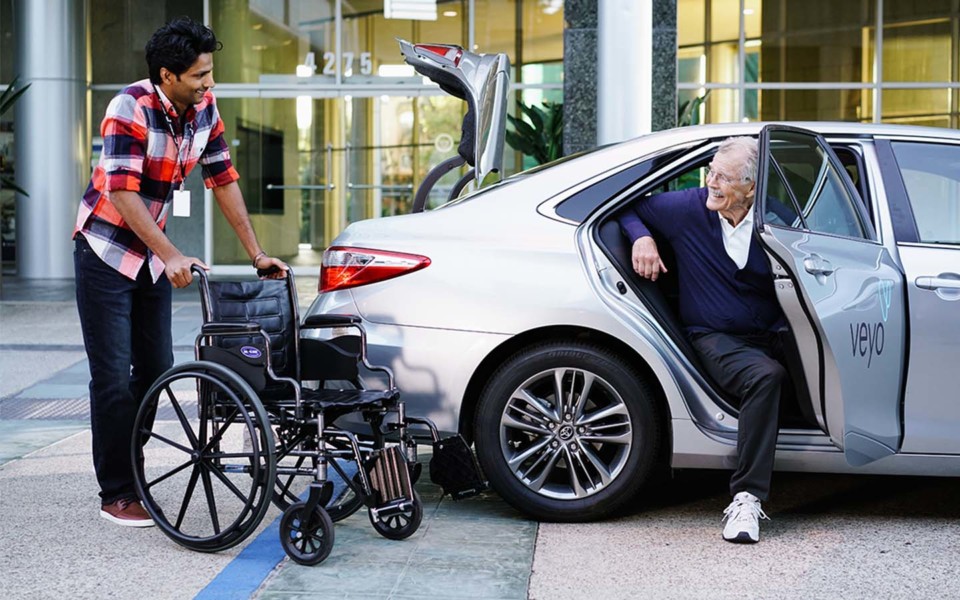How To Maximize Non-Emergency Medical Transportation’s Potential To Address Social Determinants Of Health
The genes you’re born with and the lifestyle choices you make combine to influence your health destiny, but scientists now say that the social and economic conditions in your environment profoundly influence disease risk and longevity, too. These factors, known as social determinants of health (SDOH), include quality of housing, crime and unemployment rates, exposure to pollution, racism and discrimination, availability of healthy food and, critically, access to healthcare.
People who live in low-income communities experience poorer health than others due to SDOH, which some studies suggest play a role in up to 80% of health outcomes. About 1 in 5 Americans are covered by Medicaid, a federal program that’s administered by states that provides health insurance for people with low income. (Overall, nearly 1 in 3 Americans are covered by Medicaid or Medicare, which is federal health insurance for people 65 and older or who have certain disabilities.) Medicaid is positioned to address SDOH and improve the well-being of people in vulnerable communities, particularly by increasing access to healthcare. And the first step toward that goal is improving transportation — making sure patients get from their homes to healthcare appointments with doctors, nurse practitioners and other clinicians.


